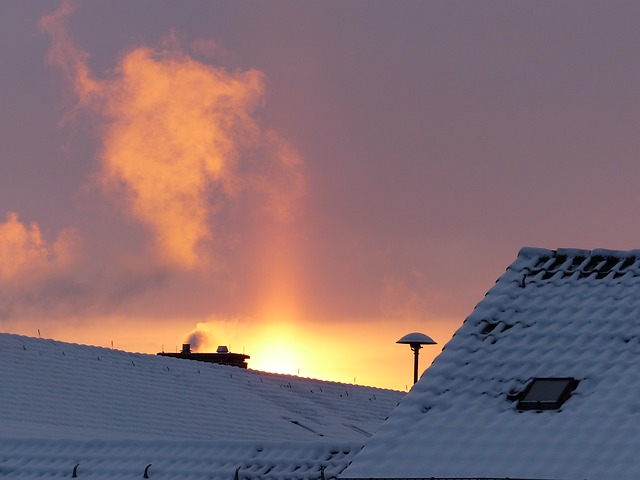
When it’s time to choose a new home heating system, you have some choices ahead of you. There are basically four factors to consider for the new system.
The Climate
Where you live can make a dramatic impact on the efficiency of the system you choose. For example, in the north, a forced air furnace is very common. These systems heat air and push it through a duct system.
While expensive to operate, they provide reliable heat – something you need when temperatures can get below freezing for 6 months of the year. Another option for colder climates is a boiler system.
Boilers work by heating water and moving them through pipes into either radiant heat piping installed underneath the floor, behind walls, or in the ceiling, or through radiant steam heat radiators.
Yet another option is a heat pump.
In heat pump systems, ambient air in drawn into the pump where it mixes with refrigerant. Because refrigerant has a much lower boiling point, the ambient air is enough to cause the refrigerant to boil, pressurize the system, and create heat.
This heat is then blown into the home with a fan. In the winter, a heat pump is a lot like an air conditioner put into reverse.
In the summertime, the heat pump moves the heat from the home to the outside, and uses the refrigerant to help cool and dehumidify the house.
A system like a heat pump likely wouldn’t be a very good choice in New York or Vermont, however, where much of the year is cold and the ambient air temperature isn’t high enough to cause the refrigerant to boil. In the south, southwest, and west, a heat pump might make more sense because rather than create heat from burning fuel, the pump moves heat from one location to another.
Regardless of the system you choose, you should have insured technicians do the job for you as HVAC and heat pump systems are very complex and, if installed improperly, won’t last as long as their rated lifespan.
The Fuel
Fuel types will have a direct impact on what you pay for the system over time. Furnaces that run on natural gas, for example, will cost more to run if or when natural gas prices rise. Heat pumps tend to cost less in warmer climates, but they can also be expensive to run if you install it in an area where temperatures fluctuate a lot.
The Size
Bigger is not always better, especially when it comes to heating and air conditioning. Heating systems need to be properly sized for the home. A furnace, boiler, or heat pump that is too large for your home will only create inefficiencies and added costs.
In some cases, they won’t perform as expected, either. For example, an oversized air conditioning unit will usually fail to dehumidify the home properly, increasing the chances that mold will form in the house in humid weather. This is because the AC won’t be able to run long enough to pull moisture out of the air.
The Efficiency Rating
All other things being equal, you should strive for the most efficient unit given your home and where you live.
Daisy Jones is a property investor. She likes to write about what works best for her. Look for her posts mainly on home improvement and real estate websites.














